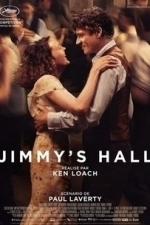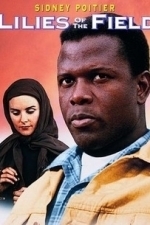
Little Keys Open Big Doors: Secrets to Experiencing Breakthrough in Every Area of Life
Book
Hannah was desperate to conceive and cried out to God in her desperation. How desperate are...

A Drink Before the War (Kenzie & Gennaro, #1)
Book
Kenzie and Gennaro are private investigators in the blue-collar neighborhoods and ghettos of South...
Book series crime thriller mystery

China Rich Girlfriend (Crazy Rich Asians #2)
Book
It is the eve of Rachel Chu’s wedding, and she should be over the moon. She has a flawless...
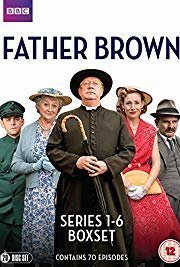
Father Brown
TV Show
Set in the early 1950s, while Britain is still suffering through the aftermath of the Second World...
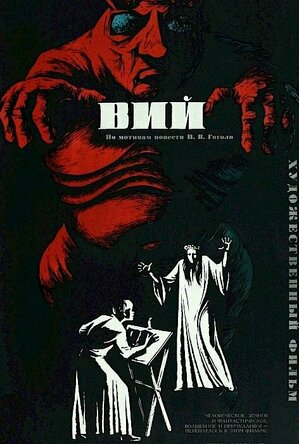
Viy (Spirit of Evil) (1967)
Movie
Soviet horror movie based on a short story by Nikolai Gogol. After a seminarian has an unsettling...
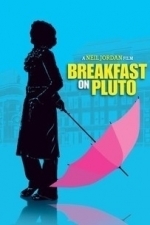
Breakfast on Pluto (2006)
Movie
The story of Patrick Kitty Braden adapted from the Patrick McCabe story of the same name. A phantom...
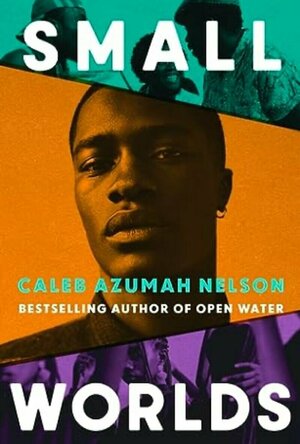
Small Worlds
Book
Dancing is the one thing that can solve Stephen's problems. At Church with his family, the...
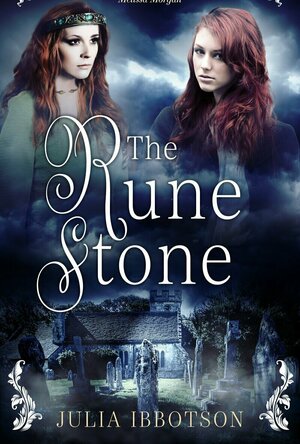
The Rune Stone (Dr DuLac series #3)
Book
When Dr Viv DuLac, medievalist and academic, finds a mysterious runic inscription on a Rune Stone in...
Historical Fantasy Time Travel Time Slip Romance Mystery
Gareth von Kallenbach (980 KP) rated Jimmy's Hall (2015) in Movies
Aug 6, 2019
The few that do come along almost certainly rate high on the scale of exceptional movies that one would want to see. I myself can’t remember a ‘bad’ Irish film. Perhaps one of the reasons for that is the fact that this country has a solid history of countless Irish immigrants coming here and helping to build the foundations for America. Well, today’s film for your consideration doesn’t go back THAT far. It doesn’t even take place in America. However, the history of Irish immigrants (specifically one immigrant) does play a role. Only it involves an Irish immigrant how came to America and then several years later returned to Ireland only to be forcibly deported back to America. I know I know. That explanation makes it sound like a comedy and although the film has many lighthearted moments, I can assure you it’s NOT a comedy. In fact, it deals with an influential figure in one of the more politically turbulent periods in Ireland’s history just before the beginning of the Second World War.
‘Jimmy’s Hall’ is a 2014 Irish-British drama directed by English television and film director Kenneth ‘Ken’ Loach. The film focuses on the events leading up to the deportation from Ireland of Jimmy Gralton, who led a precursor to Ireland’s communist party in the county Leitrim.
Starring Barry Ward, Simone Kirby, and Irish character actor Jim Norton, the film opens in 1932. Jimmy (Ward) has just returned to his home to help his mother tend the family farm after spending 10 years in the United States in the midst of the Great Depression coinciding with the establishment of a new government in the aftermath of the Civil War between pro-British and anti-British forces.
Reluctant to anger his old enemies, the church and the landowners who forced him to leave Ireland, but eager to meet the needs of the people of Leitrim, Jimmy (Ward) decides to reopen the ‘Hall’, a center for young people where they can meet to study, talk, dance, play music, learn to read, debate issues of the day. Free to all and open to anyone who wishes to learn while respecting the views and opinions of others, the ‘Hall’ is an immediate success. Not everyone is pleased to see Jimmy resuming his old activities. In particular the church and local priest (Norton) who see Gralton as not only a ‘bad influence’, but also as a follower of Stalin who as history knows sent countless millions (including religious leaders) to their deaths.
Despite the complaints and at times violent reactions on the part of the supporters of the church and the landowners, Gralton tries desperately to make them realize he has absolutely no connection to Stalin and has no desire to bring down the church. Only to better the situation for everyone. Jimmy even invites the local priest to take a leadership role in the Hall’s committee. In the end though, the fears of the church and the state go unchanged. Jimmy is a communist and although he has no connection Stalin the church and the government see them as one in the same. The police take Jimmy into custody at his family’s farm and forcibly deport him back to America even so much as denying him on last chance to see his ailing mother.
In education systems there are books and films which are considered ‘required reading’ or in this case ‘required viewing’. This film should be required viewing. It is not just an excellent film about a historical Irish political figure or as I mentioned earlier a film about a turbulent point in Irish history. It’s an example of the greater ‘world conflict’ between what became the western bloc and the eastern bloc. Both sides in that grater conflict saw each other the same way the two sides in the Irish countryside of the 1930s saw each other. The ones that meant well and only wanted to better the situation for everyone including themselves inspired fear in those who had power and those who had the power inspired fear in those who meant well. This movie showed that not all political figures are evil … nor are all religious figures. It’s the individual or several individuals within those groups that are reluctant to change.
I would highly recommend this film. Regardless of the content it’s an excellent film. If this film is as good as most films made in Ireland, they definitely need to start exporting them on a grander scale. I’d give this film 4 out of 5 stars.
This is your friendly neighborhood photographer ‘The CameraMan’ and on behalf of my fellows at ‘Skewed & Reviewed’ I’d like to say thanks for reading and we’ll see you at the movies
BankofMarquis (1832 KP) rated Lilies of the Field (1963) in Movies
Jan 31, 2022
Written by James Poe from the Novel by William E. Barrett, LILIES OF THE FIELD tells the tale of a drifter who is the answer to a Nun’s prayer. Praying to the God that she believes in, she asks for help in getting a Church built in the desert in Arizona.
Simply Directed by Ralph Nelson (fresh off his success with REQUIEM FOR A HEAVYWEIGHT), Lilies of the Field is a positive life (and faith) affirming film from start to finish that will touch your heart…and your soul.
Poitier stars as handyman Homer Smith who’s car breaks down where a group of Nuns are trying to start a parish (and get a church built). Following the machinations of Mother Maria (Lilia Skala - in an Oscar nominated turn of her own), Homer never leaves and ends up being inspired - and inspiring others - to get this church built.
But it is the journey - not the destination - of this film that matters. Homer is thwarted time and time again by Mother Maria in his attempts to leave and his protestations that this is the “final job, then I’m leaving” is met with steeled determination by Mother Maria who has an unflappable belief that Homer is the answer to her prayers.
This film hangs on the relationship between Homer and Mother Maria and these 2 fine actors deliver the goods. Poitier is a deserved winner of the Best Actor Oscar (though he would fret for years that his win was a “token” win - which it is not). His Homer Smith is charming and forceful with a “lost” look in his eyes when he first arrives in the desert. This, in turns, changes to fierce determination to get that church built.
The real hero of this film is the under-rated performance of Skala (who did a series of TV Guest star appearances in the 50’s, 60’s and 70’s but never really had a movie role - before or since - that would rival this one). It would have been tempting to make Mother Maria a one-note ice queen in her dogged determination - and belief - that Homer was sent by God, but in the hands of Skala there is a warmth in her eyes that serves as a counterbalance to her resolve.
It is the relationship of these 2 characters - and the ramifications of this relationship to the parish community - that is the soul of this film, and this soul runs deep. The relationship between Homer and Mother Maria is not, exactly, a friendship, but more of a strong work bond. 2 persons united in a common goal - for the common good.
Not the fastest moving of all films you will view, but the heart and soul that is at the center of this film - along with 2 very strong central performances - will warm your heart.
Letter Grade: A-
8 stars (out of 10) and you can take that to the Bank(ofMarquis)
